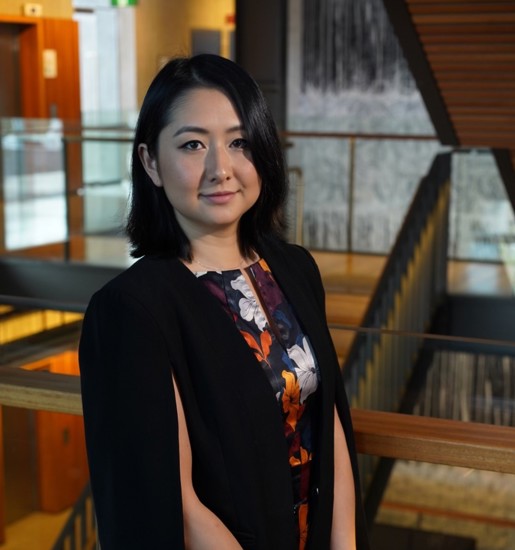- Home
- News and Media
- Latest News and Announcements
- 'Smart chemotherapy' offers new hope in cancer battle
'Smart chemotherapy' offers new hope in cancer battle
Early phase clinical trials of a new generation of "smart chemotherapy" drugs – which target proteins that are present on tumours and not in normal tissues – are providing new hope for patients with recurrent or metastatic cancer.
The drugs, officially known as antibody-drug conjugates, combine the specificity of targeted therapy with the potency of chemotherapy, delivering powerful cancer-killing drugs directly to tumour cells while minimising damage to healthy tissue.
They work by targeting a ‘chemo bomb’ payload at biomarkers within a tumour, causing less side effects and prolonging life.
A clinical trial at The Kinghorn Cancer Centre – a joint facility of St Vincent's Hospital Sydney and the Garvan Institute of Medical Research – has found patients with aggressive stomach and lower oesophagus cancers who were treated with a ‘smart chemotherapy’ antibody-drug conjugate had a 29 per cent chance of controlling the cancer. This is a superior result to known success rates in using regular chemotherapy for these cancers once standard chemotherapy/immunotherapy had failed to control their disease.
The study, conducted at The Kinghorn Cancer Centre Early Phase Trials Unit at St Vincent's Hospital Sydney, and published in the prestigious journal Nature Medicine, found patients had an average time of five and a half months where the cancer didn't progress.

Lead author and early phase clinical trials medical oncologist Dr Jia (Jenny) Liu, from St Vincent's Hospital Sydney said it meant that during this time patients had improved symptoms, and experienced a better quality of life to enjoy time with loved ones. In some cases, the patient is able to explore other treatments.
Sydney man Peter Simpson is being treated with a ‘smart chemotherapy’ antibody-drug conjugate after radiotherapy and first-line chemotherapy failed to treat his stomach cancer.
A recent PET scan showed his cancer had dramatically improved.
“It’s given me time and most importantly it’s given me quality of life,” Mr Simpson, 73, an artist and former journalist, said.
Dr Liu said it was important that cancer patients were aware of early phase clinical trials, particularly in hard-to-treat or relapsed cancers.
"Antibody drug conjugates represent a major advancement in personalised oncology. They will likely replace standard chemotherapy in five to 10 years,” said Dr Liu.
“There are currently over 300 clinical trials open globally testing different types of these ‘smart chemotherapy’ drugs in different tumour types, with 63 open trials in Australia.
“However, further research is required to identify the protein biomarkers that best predict response for these exciting classes of drugs – a field of medicine we call ‘proteomics’. Proteomics is likely to join genomics in informing the next revolution of personalised treatment options for cancer patients.
“This is a result that will mean a great deal to many Australians. For example, gastric cancer ranks fifth in both incidence and mortality among all cancer types worldwide.
“I really encourage patients to talk to their treating physicians about what early phase clinical trials might be suitable for them, so they can possibly benefit from the ‘smart chemotherapy’ drugs we’re trialling here at St Vincent’s," said Dr Liu.
Dr Liu said that in NSW clinicians could use the NECTA network to enquire and cross-refer patients to 12 early phase trial sites in NSW.
Clinicians who want to enquire about early phase trials for patients with advanced cancer can email: trials@necta.org.au.
To enquire about suitability for clinical trials at St Vincent's Hospital please email SVHS.crresearch@svha.org.au
Media contact: Louise Hall 0478 379 968
